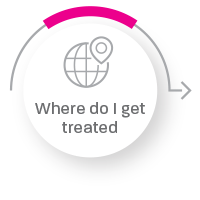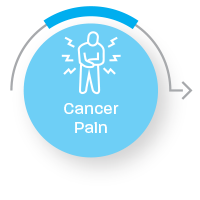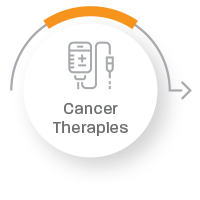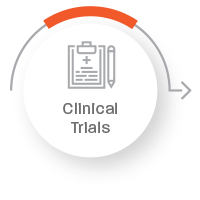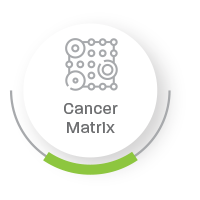Cancer Pain
Cancer Pain
Managing cancer pain is an essential aspect of cancer treatment. First and foremost, patients need to communicate with their healthcare team and call to get refills for their pain medications before they run out.
Pain medications can be classified into two categories, narcotics, and non-narcotics. Narcotics, also known as opioids, include drugs such as morphine, oxycodone, and fentanyl, and are generally reserved for severe cancer pain. Non-narcotics include drugs such as acetaminophen, ibuprofen, and aspirin, which can be used for milder pain. It is important to understand the differences between the two types of medications, including the risks and side effects of opioids, before starting any pain management regimen.
If cancer pain is not adequately controlled with medications, patients should consider seeing a pain specialist, who can evaluate and provide additional options for pain management. Pain interventions, such as nerve blocks, epidurals, and radiofrequency ablation, can also be used to manage cancer pain. Patients should discuss these options with their healthcare team to determine the best course of action for their individual needs.
Useful Links

Help Support Cancer GPS
Cancer GPS is a 501(c)(3) organization, and your donations allow us to keep providing services to cancer patients and their families. Thank you for your continued support.

